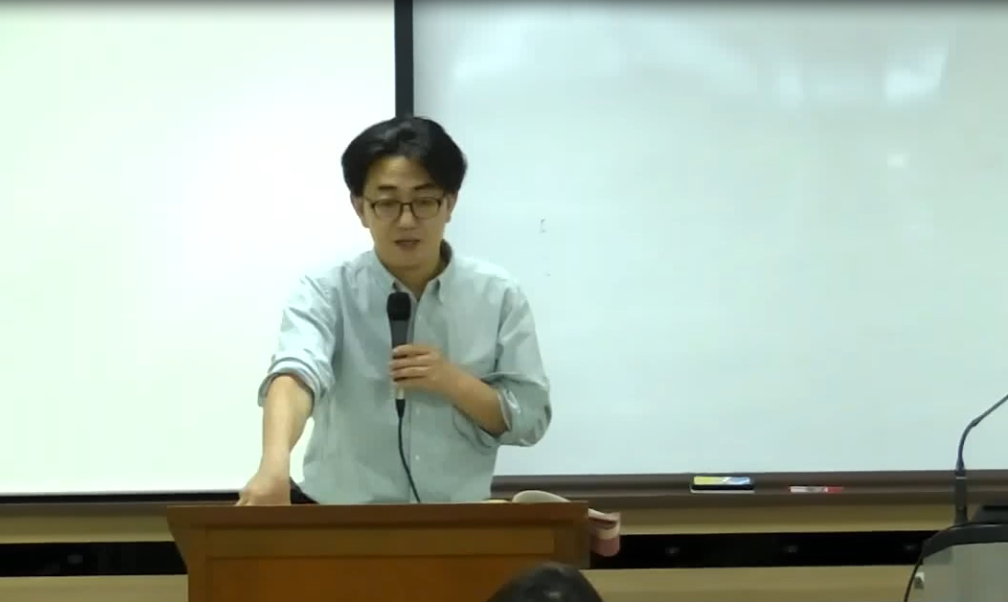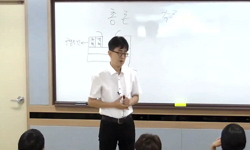The Korean Supreme Court has held in the case of POSCO (2007) that subjective requirements such as anti-competitive intent or purpose must necessarily be considered before there can be any finding of abuse of market dominant position or of competition...
http://chineseinput.net/에서 pinyin(병음)방식으로 중국어를 변환할 수 있습니다.
변환된 중국어를 복사하여 사용하시면 됩니다.
- 中文 을 입력하시려면 zhongwen을 입력하시고 space를누르시면됩니다.
- 北京 을 입력하시려면 beijing을 입력하시고 space를 누르시면 됩니다.

Special Articles on Fair Trade Law : Subjective Requirement of Competition Law Violations = Special Articles on Fair Trade Law : Subjective Requirement of Competition Law Violations
한글로보기https://www.riss.kr/link?id=A101758692
- 저자
- 발행기관
- 학술지명
- 권호사항
-
발행연도
2015
-
작성언어
-
- 주제어
-
KDC
300
-
등재정보
KCI등재후보
-
자료형태
학술저널
-
수록면
1-18(18쪽)
- 제공처
-
0
상세조회 -
0
다운로드
부가정보
다국어 초록 (Multilingual Abstract)
The Korean Supreme Court has held in the case of POSCO (2007) that subjective requirements such as anti-competitive intent or purpose must necessarily be considered before there can be any finding of abuse of market dominant position or of competition restraints effects in antitrust cases. However, this holding is not properly supported by legal theory or competition policy. When considering regulations governing the abuse of market dominant position pursuant to Article 102 of the Treaty on the Functioning of the European Union (hereinafter TFEU), the concept of abuse has an objective standard. Subjective requirements, such as anti-competitive intention, are not considered independently. The objective characteristics of the behavior in the relevant market are crucial in determining whether there is the abuse or not. Likewise, Section 2 of the Sherman Antitrust Act prohibits both monopolies and attempts to monopolize, but while the subjective requirements of the alleged monopolistic behavior might be considered, this approach must be understood in terms of the different legal systems regulating the monopoly itself. These issues are relevant to any determination of the illegality of a cartel in the aftermath of the POSCO decision. Article 101 in the TFEU refers explicitly to the purpose of competition restraints as a requirement for the regulations of cartels. However, the purpose in this article could be proved by nature, and where the effect of the competition restriction exists, the purpose of competition restraints could not be understood as an essential requirement. If the subjective requirements are essential to decide the illegality of a claim for abuse of market dominance under the POSCO rules, these requirements may pose a problem in establishing abuse.
동일학술지(권/호) 다른 논문
-
- 서울대학교 아시아태평양법연구소
- ( Phillips Joe )
- 2015
- KCI등재후보
-
The Case Study for the Legislation of Criminal Laws in the Early Joseon Dynasty
- 서울대학교 아시아태평양법연구소
- ( Dae Hong Kim )
- 2015
- KCI등재후보
-
Notable Cases : Notable Constitutional Court Cases: Constitutional Law
- 서울대학교 아시아태평양법연구소
- 서울대학교법학연구소
- 2015
- KCI등재후보
-
- 서울대학교 아시아태평양법연구소
- ( Ho Young Lee )
- 2015
- KCI등재후보





 KISS
KISS






